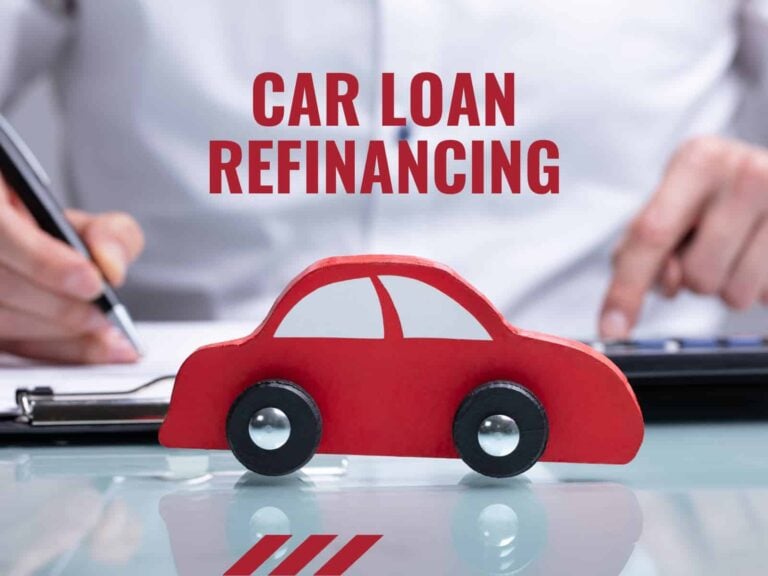Louisiana Debt Settlement
Louisiana is home to 4,648,794 residents and ranks 25th in population within the United States while covering an area of 52,069 square miles that places it 31st in terms of geographic size. This results in a population density of 93.8 residents per square mile that ranks the state 24th in the nation.
The Lousiana state capital is Baton Rouge, while New Orleans is Louisiana’s largest city and an important contributor to tourism revenues in the state. Apart from tourism, other important industries to the Louisiana economy include petroleum and natural gas, chemical products, coal, processed foods, paper products and transportation equipment.

Important agricultural products include seafood – particularly crawfish – Louisiana produces approximately 90% of the worldwide supply – sugar cane, cotton, soybeans, cattle, rice, poultry, eggs and dairy products. Meantime, The Port of South Louisiana serves as the largest shipping port by volume in the Western Hemisphere and is the largest bulk cargo port in the world.
Louisiana also operates a system of state parks, historic sites, a state forest, a state preservation area and numerous wildlife management areas. Finally, Louisiana is nicknamed “Hollywood South” for a thriving film industry based in New Orleans, Baton Rouge and Shreveport, along with production facilities and a film training institute based in Treme, and for the fact that the state is a popular setting for reality television programming.
According to the St. Louis Fed, Total Gross State Product for Louisiana in 2019 came in at $267.1 billion, ranking the state 30th in the nation. The state has abundant petroleum and natural gas deposits in the Outer Continental Shelf of the Gulf of Mexico, which is the largest U.S. petroleum producing region.
Meantime, total natural gas deposits within Louisiana account for approximately 5% of the nation’s total. As a result, a multitude of jobs that provide logistical support to the U.S. Gulf of Mexico oil and gas reserves are located within Louisiana.
Tourism and culture are significant contributors to the Louisiana economy, with New Orleans’ Bourbon Street and annual Mardi Gras festival playing a major role, as well as the World Cultural Economic Forum, which is held each year at the New Orleans Morial Convention Center.
Louisiana’s 2018 median household income level of $47,942 checked in 22.5% lower than the national median household income level of $61,937.
Louisiana Economic and Debt Statistics
Louisiana Economic and Debt Statistics
According to the St. Louis Fed, the 2019 Louisiana home ownership rate checked in at 65.6%, slightly higher than the national rate of 64.8%. Meantime, a recent Experian report shows average mortgage debt level of $151,763, representing an increase of 4.0% compared to 2018, and ranking the state 32nd in the nation. Meantime, the median sales price of a home in Louisiana during 2019 was $172,275. Regarding student loans, data compiled in 2019 by Experian indicates that average student loan debt for Louisiana borrowers is $34,508, 2.4% lower than the national average of $35,359, 6.1% higher than in 2018 and 27.4% higher than in 2014.
Louisiana Residents and Debt Settlement
If you are a resident of Louisiana and are currently burdened by high levels of unsecured debt – including credit card accounts, private student loans, unpaid medical bills and personal loans – the process of pursuing debt settlement may make sense for you.
Debt settlement occurs when a debtor successfully negotiates a payoff amount for less than the total balance owed on a debt. This lower amount is agreed to by the creditor or collection agency and is fully documented in writing. Ideally, this lower negotiated amount is paid off in one lump sum, but it can be paid off over time.
Though creditors are under no legal obligation to accept debt settlement offers, negotiating and paying lower amounts to settle debts is far more common than many people realize.
Louisiana Consumer Debt Laws
Credit Card companies and other creditors are permitted to contact Louisiana residents directly regarding debts, particularly in a situation involving delinquent payments.
However, debt collection agencies are required to comply with the the Federal Fair Debt Collection Practices Act (FDCPA), and are therefore prohibited from taking certain actions. Under the FDCPA, collection agencies are prohibited from informing employers about a debt or attempting to collect a fee in excess of any debt owed.
Debt collection agencies are also prohibited from communicating in a manner that simulates a judicial process or gives the appearance of a governmental action.
Additionally, debt collection agencies are prohibited from contacting debtors or debtor family members at unusual hours or with a frequency that may be reasonably construed under the law as harassment or abuse.
Unfortunately, unlike many other states, Louisiana does not have its own state law governing debt collection tactics, leaving its residents somewhat vulnerable to predatory practices that may be beyond the scope of the FDCPA.
Although Louisiana law does require debt collectors to pay a fee and obtain a license, its residents are unlikely to successfully pursue a lawsuit in the event a collector fails to do so. Louisiana residents will receive the most consumer protection from harassing and potentially abusive debt collection methods under the FDCPA.


Louisiana Statute of Limitations on Debt Collection
When sufficient time passes in a situation in which consumer debts have gone unpaid, a debt collector can lose the legal right to sue for non-payment. In Louisiana, the statute of limitations on debt collection is three years for open credit card accounts, ten years for oral contracts, ten years for written contracts, and ten years for promissory notes.
For any time period, the clock begins ticking from the “date of default,” which is typically thirty days after the last payment was actually made. When debts remain unpaid prior to the statute time period elapsing in full, creditors maintain legal right to sue you for non-payment and are permitted to engage debt collection agencies who can make persistent attempts at collection – provided they remain within the bounds of the FDCPA.
Debt Settlement - Do It Yourself?
Getting out of debt is never an easy process. If debt settlement is the right avenue for you to pursue, be honest with yourself. Decide whether you possess the background, strength and fortitude to negotiate directly with creditors yourself – or whether engaging the services of an experienced and reputable debt settlement company will serve your needs best.
Remember, the goal is to save the greatest amount of money and time while minimizing any ensuing damage to your credit score and profile. A reputable debt settlement company will provide a realistic estimate and time frame for making offers to your creditors that can ultimately result in settlements that save you significant amounts of money, time, and aggravation.
Contact us here at United Settlement, where our experienced credit counselors possess relationships with the major credit card lenders and a broad understanding of the debt marketplace. We can help you navigate these waters successfully.
Debt Resources & Additional Reading
Additional Related Insights & Articles
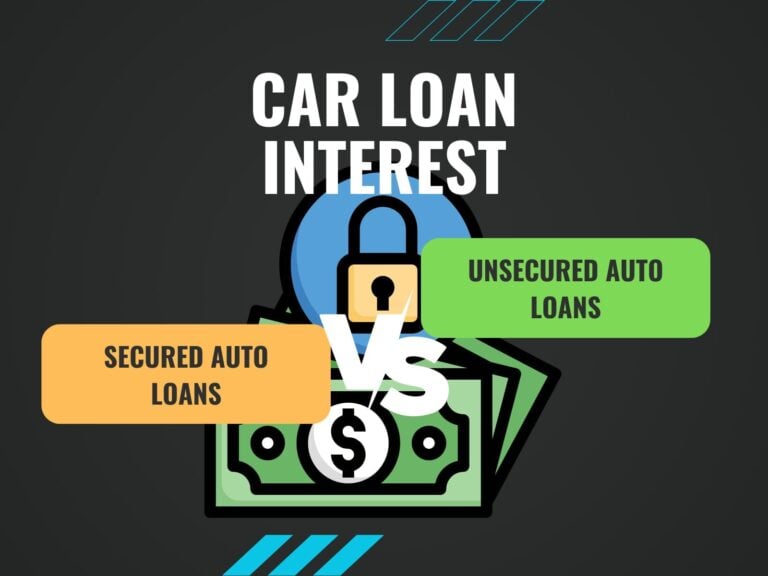
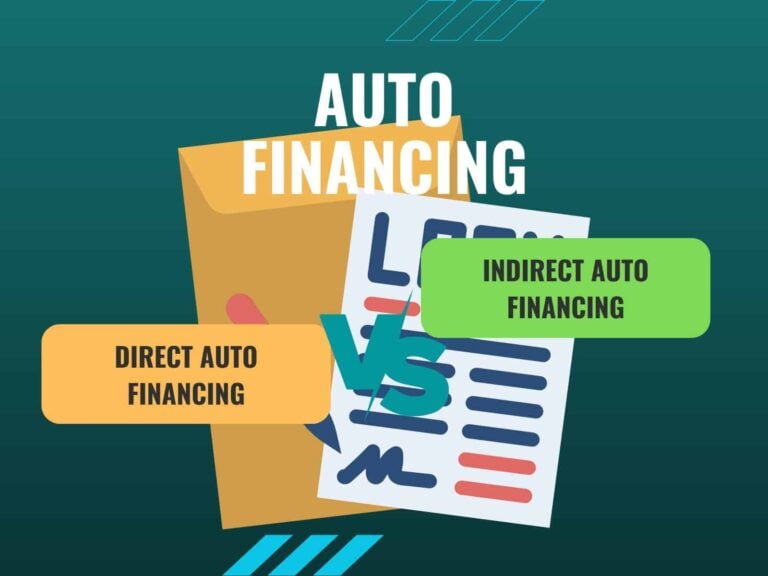
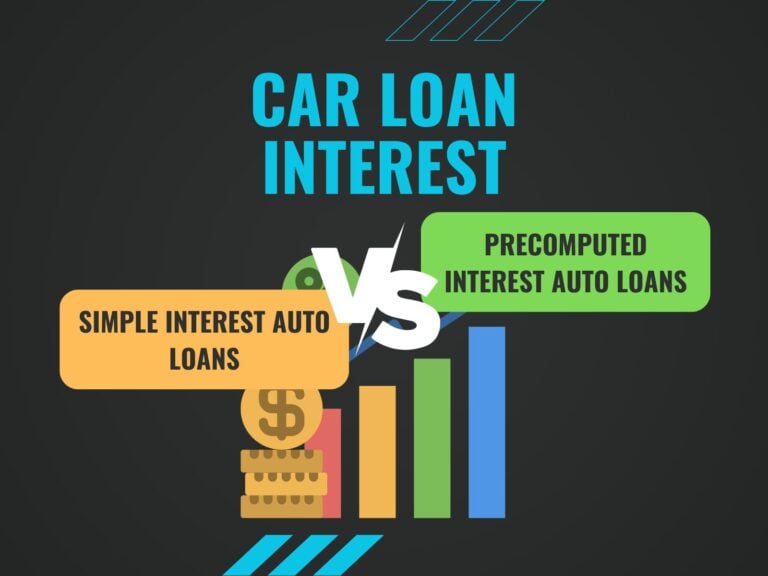
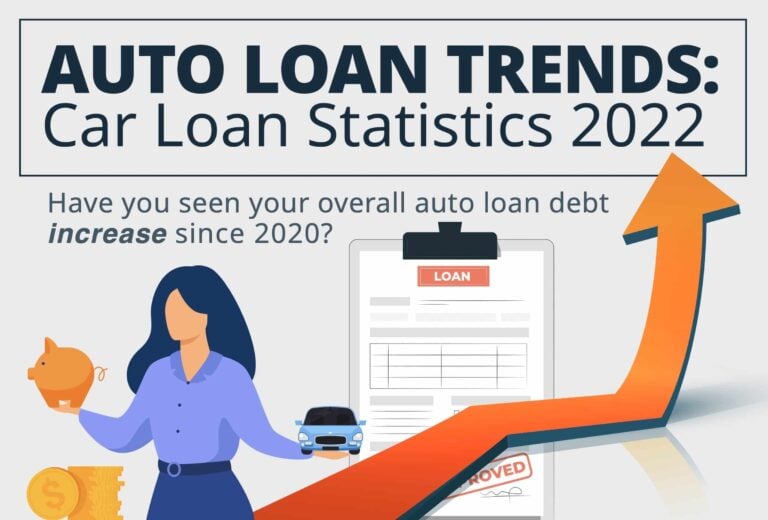

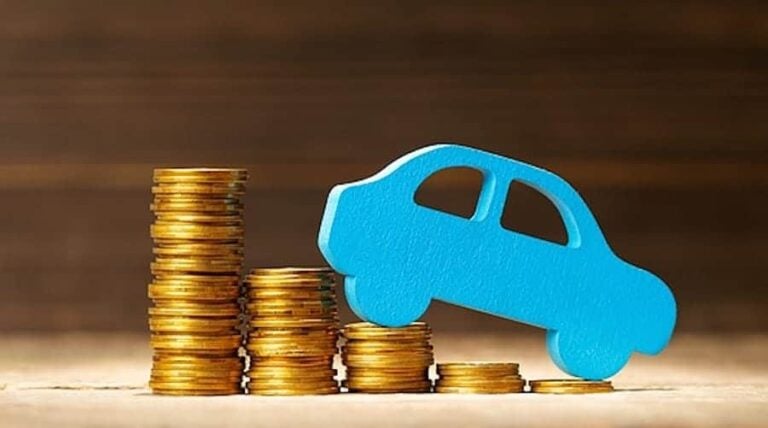

Debt Relief Reviews

Ready To Get Started?
See if you qualify for debt relief. Get a Free savings estimate to see how quickly you can be debt free.
Embrace financial freedom with our tailored solutions, expert guidance, and unwavering commitment to your success.
Experienced Professionals
Our experienced team has helped thousands of clients successfully eliminate debt and regain financial freedom.
Customized Solutions
We know every financial situation is different, so we design personalized debt relief plans to fit your specific needs and goals.
High Success Rate
Our proven debt relief strategies deliver real results. With a strong track record of success, we help clients achieve lasting financial stability.
Confidential Consultation
Your privacy is our priority. All debt relief consultations are 100% confidential and handled with the highest level of discretion.


